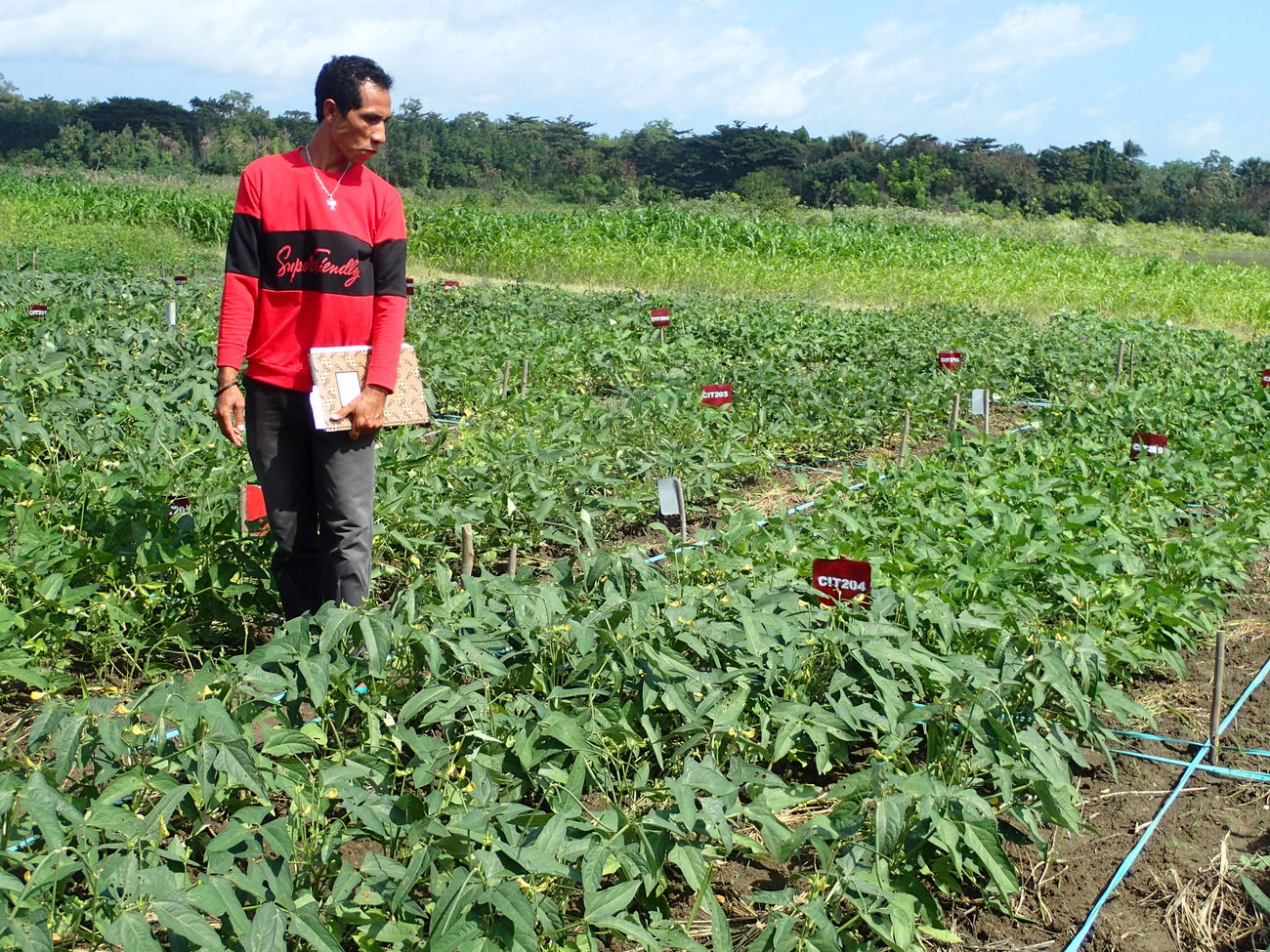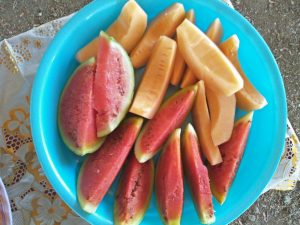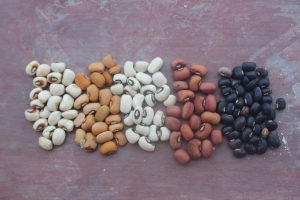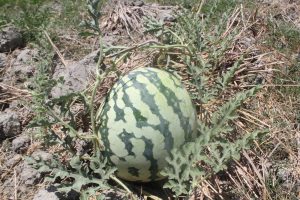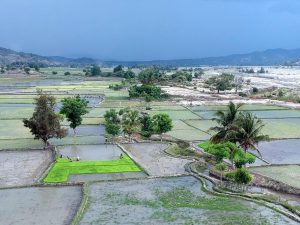AI-Com has celebrated the end of its second year of collaborative research in Timor-Leste with a results presentation and new publication launch today at the Ministry of Agriculture and Fisheries in Comoro, Dili.
The results meeting presented findings from two years of research into bringing agricultural innovations to farming families in Timor-Leste. Research areas included how to increase yields of staple crops like rice, mung beans and corn; how to grow cold-climate crops in more areas for more families; how to improve soil fertility for better crops; how to better grow non-timber trees for animal feed and income; and how informed community decision-making can improve local farming practises.
The meeting included the launch of a new booklet introducing the story of Timor-Leste’s valuable sandalwood tree, Hanoin Ai-Kameli, which is published in both English and Tetun. It was officially launched by the Australian Ambassador to Timor-Leste, Peter Roberts; representatives from ACIAR; the Ministry’s director-general for agriculture, Maria Odette Goncalves as the representative of the Minister for Agriculture and Fisheries; and the Ministry’s director-general for forestry, Manual Mendes.
“We’re proud to work with the Ministry of Agriculture and Fisheries through the Australian Centre for International Agricultural Research,” said Ambassador Roberts.
“We’re helping to achieve innovating solutions for farming families in Timor-Leste, and accelerate the development of sandalwood, which has a long and important story and significant value in Timor-Leste.”
Director-general Goncalves highlighted the long relationship between ACIAR and the Ministry, which began in 2002, and emphasised the importance of collaborative research and innovation for strong rural development.
“We know that 76 per cent of Timor-Leste’s population is involved in agriculture,” she said.
“We must continue to do research to develop appropriate and adapted technology for farmers. The Ministry recognises this. With technology we discovered that the beans that grow at high altitudes can also be grown at low altitudes [if planted at the right time]. We must not be weary to continue learning more. We can continue to develop the agriculture sector in Timor-Leste through research.”
The meeting was attended by AI-Com partners and supporters, including representatives from the Ministry of Agriculture and Fisheries, the University of Timor Lorosa’e, the University of Western Australia, the University of the Sunshine Coast, World Vision, and project funder the Australian Centre for International Agricultural Research (ACIAR).
Results sharing from local researchers will continue this week and culminate with a field visit to Natabora for the visiting team from ACIAR, and the Australian universities.
